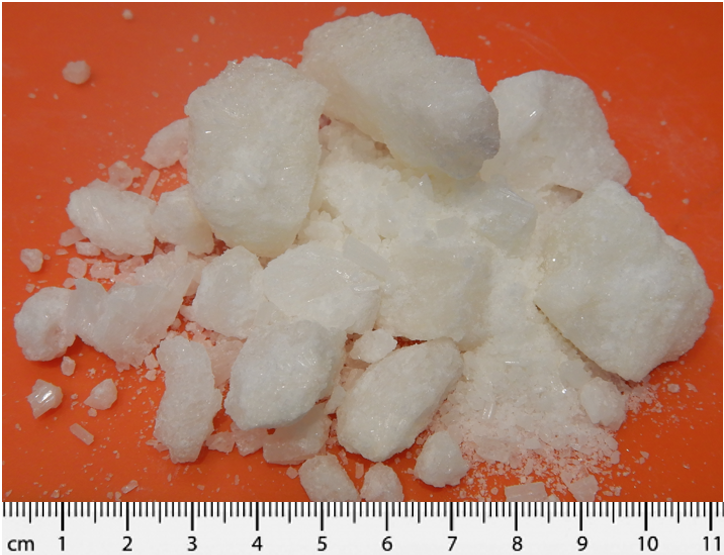
Cannabidiol is the second most prevalent active ingredient in cannabis (marijuana) and for medical purposes it is derived directly from the hemp plant (which is closely related to marijuana) or made in a laboratory.
So far, the FDA has approved just one CBD product, a prescription drug designed to treat seizures associated with Lennox Gastaut syndrome (LGS)[i]. But according to GlobalData, medical cannabis research is set to escalate. Just before the Covid-19 pandemic, there were 60 ongoing clinical trials with cannabis-based products, with the majority being tested for pain or psychosis.
But there is a wide variety of indications where cannabis-based products could potentially be used. In 2022, the largest study of its kind in Latin America published clinical evidence[ii] on the effectiveness and safety of CBD oil-based cannabis formulations, containing reassuring data on the efficacy, safety, and cost-effectiveness of the products to treat chronic pain.
Considering renewed interest and high demand of CBD, Frewitt, an innovative manufacturer of premium-quality mills and a world leader in powder size reduction technologies, recently conducted tests in partnership with Cannawyss to ascertain the best milling methods and equipment for CBD crystals.
Milling of CBD
The material received by Frewitt was cannabidiol isolate, which was in solid clumps and sticky due to a residue of solvent on the material, and a melting point of 66°C was recorded on the Safety Data Sheet (SDS). The objective was to mill the material to particles <630μm (microns) in diameter throughout.
The choice of mill used was established by Frewitt using their extensive experience of milling products. As the product lumps were medium hard, to achieve <630μm it was necessary to apply relatively high energy.
Frewitt looked at both conical and hammer mills in consideration for this project.
Conical mills – Conical mills have a rotating impeller that forces the product outward to a conical screen surface, where it is sized and passed through openings in the screen. The rotating force of the impeller creates centrifugation force, which may not be sufficient to break the product into smaller pieces. If this occurs, the product keeps rotating with the impeller in the mill instead of becoming small enough to pass through the openings. This generates heat which can melt the product and clog the screen. At high speed, this effect is exacerbated.
Hammer mills – Hammer mills use the impact force of the rotor to efficiently break up the crystals. The feeder controls the product quantity in the mill. If this is too high, the product cannot pass through the openings in the screen quickly, and heat is generated. Further, the peripheral speed of the hammermill must be optimal. Too low, and there is not enough force to break the product up, and if too high, there will be more heat generation. For this project, the peripheral speed was set at 50 m/s.
Screen – Another consideration was the choice of screen. A hardened rasp plate with 1.5mm openings was used. It has an aggressive surface, which has a cutting effect to break up hard product and protrusions of the plate prevent the product from slipping, reducing heat build-up. To ensure a fluid and continuous process, the product must be able to flow through the screen with short retention time.
Successful result
Frewitt utilised the FlexMill HammerWitt-6, a high-performance hammer mill designed for grinding and pulverising hard, fibrous, or crystalline products, with a final size of down to 30μm, then utilised the ProFi-Clean 90 to ensure a fluid and continuous process. The deduster was used to balance the pressure in the milling chamber of the hammermill so that there is no over-pressure pushing the product upwards.
Ultimately, Frewitt was able to successfully complete the project with particle size distribution (PSD) measured by laser diffraction. Final results showed that 96% of the particles were <630μm, meeting the size reduction target, while preserving the product characteristics.
During the testing, it was discovered that throughput could be further increased by optimising both rotor speed and feeding rate. Further, if finer particles are required, further optimisation of rotor speed, screens and feeding speed can be made.
During this project Frewitt demonstrated that the FlexMill HammerWitt-6 guarantees outstanding performance in terms of efficiency and throughput for the most demanding of products. For further information on how Frewitt can help with your project, download the paper below.
[i] https://www.fda.gov/consumers/consumer-updates/what-you-need-know-and-what-were-working-find-out-about-products-containing-cannabis-or-cannabis
[ii] https://pharma1.globaldata.com/News/leading-global-medical-cannabis-company-khiron-publishes-clinical-study-on-the-effectiveness-of-its-products-at-controlling-chronic-pain


